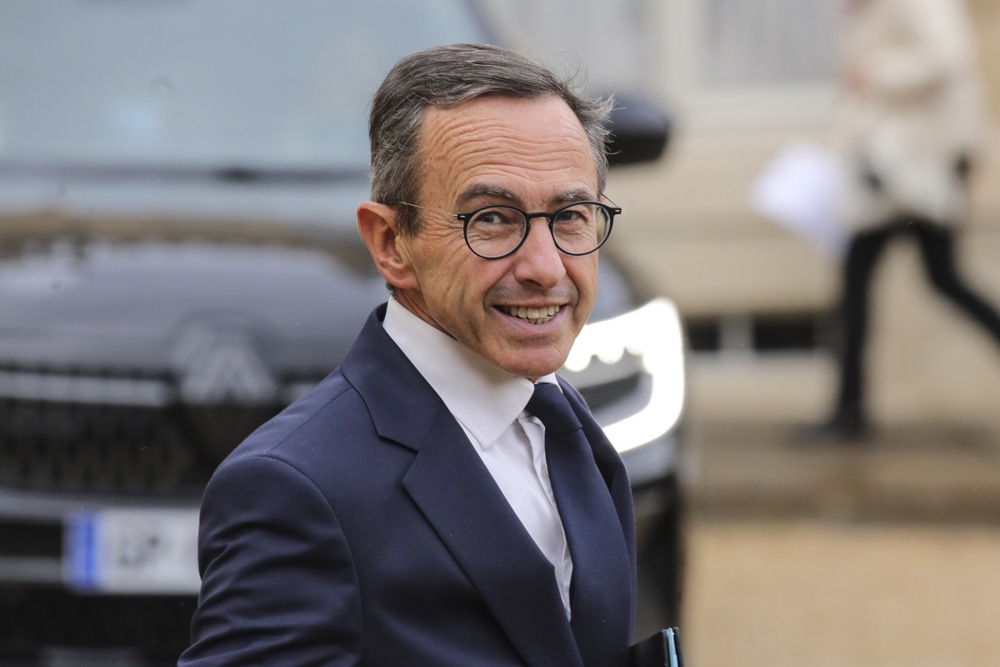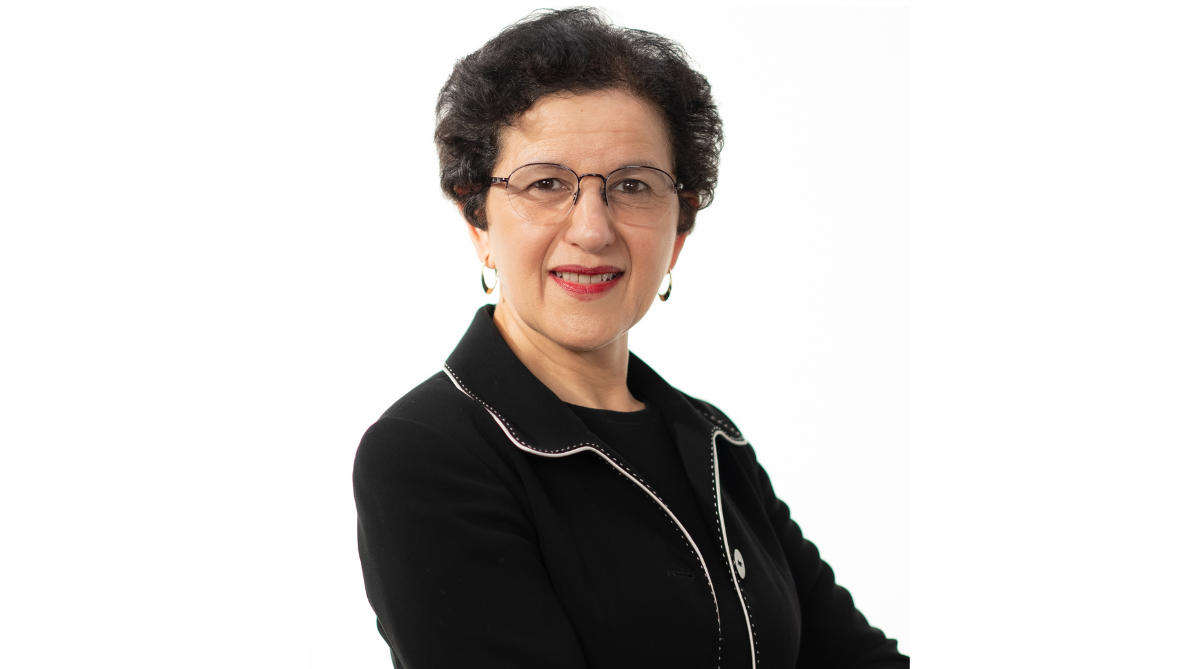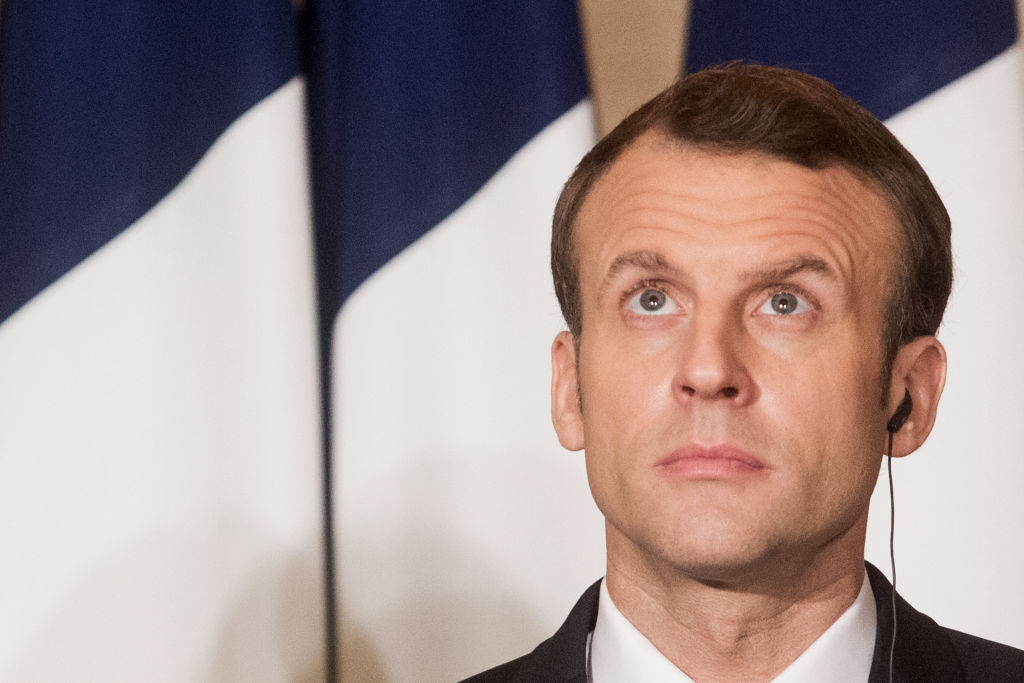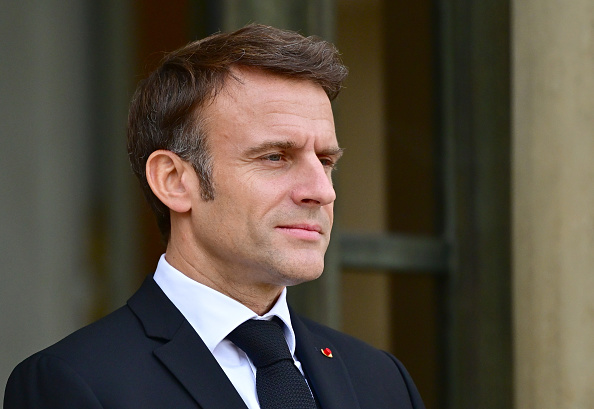French Interior Minister Bruno Retailleau wants to regularise a large swathe of illegal migrants as part of the country’s new 2025 immigration law.
The minister insists the measure is necessary to restore “order” in France, with the bill also set to include a crackdown on illegal immigration through the extension of detention for undocumented migrants from 90 to 210 days.
Government officials said it planned to allow the regularisation of undocumented migrants working in sectors facing labour shortages, such as construction, agriculture and hospitality.
Retailleau’s new bill may also include reinstating the criminal offence of illegal residence, increasing deportation rates and implementing stricter controls at borders.
It is unknown how many migrants would be able to benefit from the regularisation schemes. In Spain, a similar measure resulted in half a million undocumented immigrants having their situation regularised.
The potential new French law follows the path set by European immigration and asylum legislation, which sought to open new routes to convert illegal immigration into legal status.

The immigration debate has become a defining issue in French politics. Opposition from the Liberals and the Left remains strong. Centrist figures such as Gabriel Attal, a former prime minister, argue that “a law for the sake of a law” would not address the real issues at play.
Meanwhile, right-wing factions have continued to advocate for stricter laws to tackle problems such as crime, terrorism and social cohesion in a country where national identity and migration have become deeply intertwined issues.
Retailleau’s own stance arose from growing concerns about immigration’s impact on national security and social order, compounded by a series of high-profile criminal cases linked to migrants, including the September 2023 murder of a Paris student.
This was acknowledged by government spokesperson Maude Bregeon in remarks made on the television channel BFM.
Since taking office, Retailleau has been particularly critical of the illegal immigration in the country. In an interview with France 24 on September 23, he made his priority clear: “Restoring order, restoring order and restoring order.”
As one of Europe’s largest immigrant-receiving nations, France has faced increasing public debate over the issue. As of 2021, immigrants accounted for 10.3 per cent of the French population, with significant numbers coming from former French colonies including Algeria and Morocco, as well as other African nations and parts of Europe.
In 2023, France received over 276,000 asylum applications, reinforcing its position as one of the top destinations for asylum seekers in the European Union.
This surge in asylum requests, combined with an intensified national discussion on security, integration and economic pressures, has raised concerns about the country’s capacity to effectively absorb newcomers.
While Marine Le Pen’s National Rally (RN) has continued to call for stricter immigration laws, the government has found itself in a precarious parliamentary position. It must balance the demands of various political factions, including left-wing opponents advocating for humanitarian solutions and right-wing factions pushing for tougher controls.
The January 2024 immigration law had already sparked controversy, with a significant portion of President Emmanuel Macron’s Renaissance party either voting against the bill or abstaining.
It ultimately passed only due to RN’s abstention, further escalating tensions between the far-left and far-right blocs.
France‘s belt-tightening budget will attempt to regain control over the country’s “colossal” debt burden, Finance Minister Antoine Armand has said. https://t.co/vx7msLE2mi
— Brussels Signal (@brusselssignal) October 11, 2024





